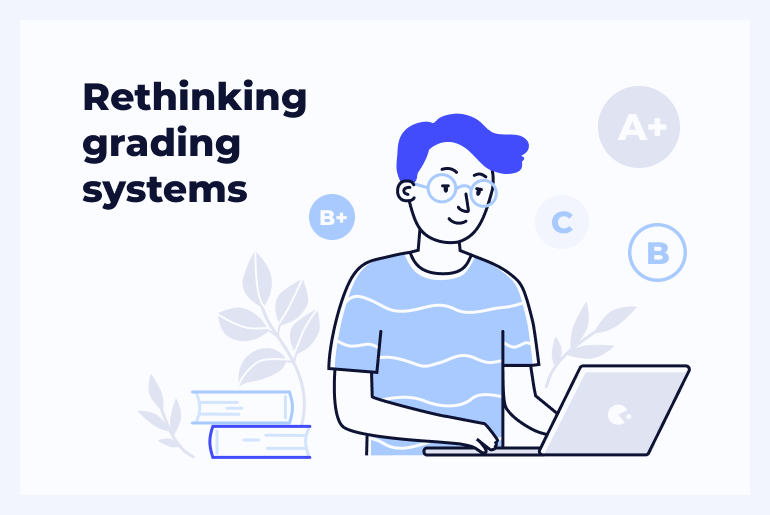Today’s sciences merging trend continues to grow. And we at Unicheck can’t help digging into the issue too. From now on neuroscience, education, and psychology are brought together.
In fact, neuroeducation takes roots from Neuro-Educational Summit in 2009 initiated by the John Hopkins University and Dana Foundation. The key goal to be achieved at the Summit was to find any intersection between neuroscience, arts and learning to understand how students learn and acquire new knowledge. Knowing the peculiarities of perception and information processing, students will manage learning process more effectively and achieve better results!
Brain Functioning
Brain functioning has always been a mystery, and scientists worked a lot on reading this riddle. As it appears, learning process depends totally on brain, as all the mental and emotional perception go through brain processing.
A simple proof of that was suggested by Dr. Ellen Bialystok, a Canadian Researcher on bilingualism, stating that playing musical instruments or learning another language increases learners’ ability to comprehend more material.
The process of cognition and information processing are unique, that’s what makes every person different.
Students and Neuroeducation
You might be wondering how neuroeducation can change you? The good news is that it will have a positive impact on you. Neuroscience education helps understand your emotions better and keep them under control. This will foster your ability to make wise and well-balanced decisions.
Neuroeducation explains how to set default judgements aside if you have any. They are nothing but stumbling rocks and may prevent you from studying effectively and negatively affect your learning motivation.
You are going to learn new material by dividing it into small bits, as neuroscience proves that small chunks of information have a so called “spacing effect”. So, you will be able to memorize more and do it a lot easier. Most importantly, knowledge you are going to get will be diverse. To memorize something new will be simpler with a set of new problem-solving methods educators will apply.
Neuroeducation will not only cater to your personal needs, but it is also going to assist in revealing your true self. With this individual approach, you will have a good opportunity detect your weaknesses and overcome them with ease to be successful in learning.
Teaching and Neuroeducation
Educators may significantly improve their teaching methods and help students make their learning more efficient. Before new information presentation, educators should think over possible ways of positive emotional coloring to add to any new facts they present. If a student has some prejudices and emotional attitude to any phenomena, the task of educator is to change them.
Students perceive information differently, so they may be divided into visual, audio or kinesthetic learners. Educators should consider this, and provide visual examples, audio assistance or kinesthetic assignments. Kinesthetic activities are special activities for learners who have a tactile way of knowledge consumption, so the assignments are aimed at collaboration and interaction.
Any student disorder will not be a big hurdle while studying. Knowing the ways of dealing with them, educators will enhance learners’ ability to explore new material.
Summing It Up
Neuroscience education is a breakthrough in the development of learning. It helps educators reveal mental peculiarities of every student, and arrange learning process effectively. By applying various techniques, students feel more motivated to study and together with other college life hacks, studying at university becomes a real pleasure.



